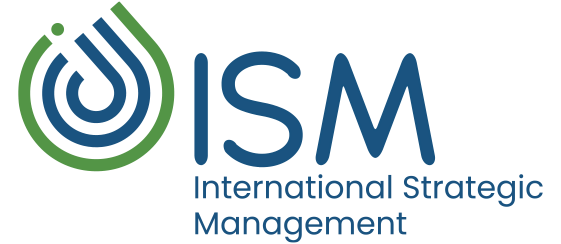Setting Expectations
Image from Unsplash by Paul Skorupskas
Working with so many leaders globally, I’ve learned that even when expectations are obvious, the words used to explain them are not necessarily clear to everyone.
Words mean different things to different people.
For one person, saying “let’s meet on time at 10 a.m.” it means 10 a.m. For someone else, 5 or 10 minutes either side of 10 is “on time.”
In some cultures “on time” could be half an hour earlier or later. It’s not right or wrong, just culturally accepted, and the everyday practice.
This is why clarifying expectations is so important!
In my experience time invested in building relationships, programs, and projects you want to complete correctly is never wasted. How do you do that?
There are multiple ways to make sure you are all singing the same tune.
In my world, “on time” is one day earlier than the deadline. What does it mean to you?
That means, I most likely need to review it a week before for edits, it needs to go to my editor for “readability” and it needs to come back to the team responsible for delivering the program. They add comments, thoughts, or modifications. Then it goes back to the editor to make sure it still reads correctly and it answers the flow of information. If, in your world, that back-and-forth takes a week, you might want to think about the due date, the date you want to submit, etc.
I use this example to make sure the expectations are clear to both parties.
The same is true in building a website or a business plan.
As you continue to start or grow your business — or supporting start-ups or growing businesses in your community — I encourage you to take the time to walk through the expectations in a precise and clear way. Leave enough leg room for mistakes to be corrected within a time frame that allows you to deliver on the expectations you set up without harming the relationships or the business itself.
BEFORE YOU GO
We see our blogs as opportunities for dialogue. Please share your thoughts as comments.
What can you do to clarify the expectations for both parties?
What other tools or practices have you used to articulate expectations between two people, groups, or parties?
What do expectations mean to you versus someone from a different background?
_____
Faris Alami is Founder and CEO of International Strategic Management, Inc. (ISM). He works internationally, presenting Exploring Entrepreneurship Workshops and other entrepreneurial ecosystem — related ventures.
 USA / English
USA / English عربى
عربى Pусский / Россия
Pусский / Россия
